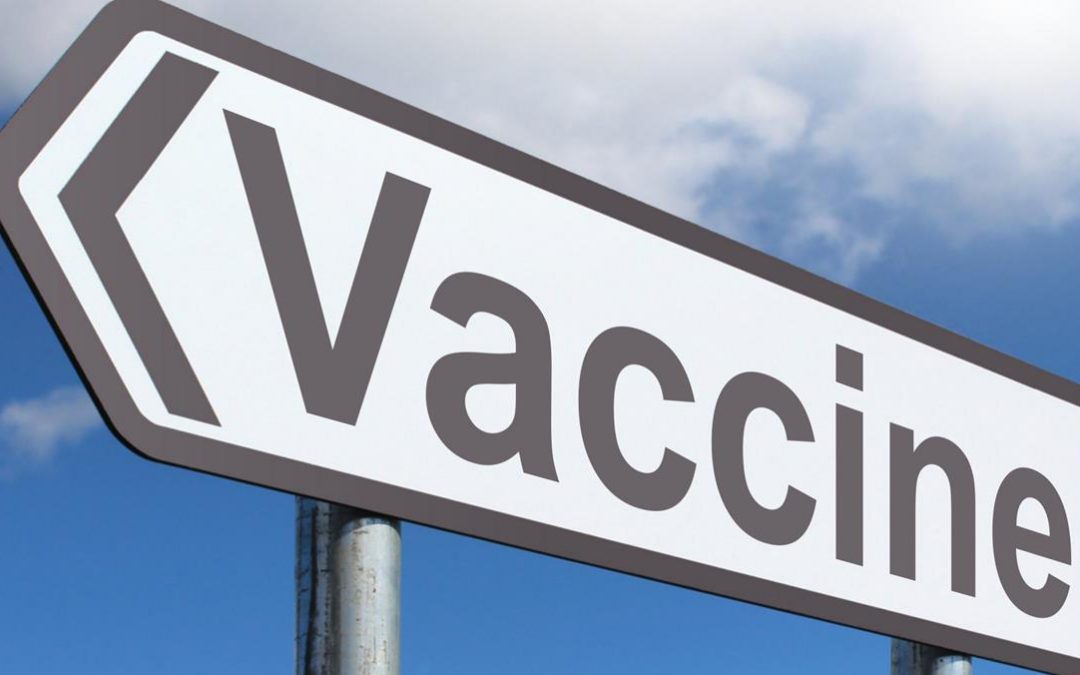Factsheet: Israel’s Covid-19 vaccine rollout
Jan 17, 2021 | Resources

Israel’s COVID-19 Vaccination Roll Out
- Israel has the fastest rollout of vaccinations against COVID19 in the world. In December 2020, Israel approved the first use of the Pfizer vaccine and by the 14th of January, nearly 20% of the population had been vaccinated.
- Israel’s vaccination rate is 150 000 a day and carries on 24/7 with the exception of Shabbat (Sabbath).
- The reasons for the success of the rollout are varied, they include high prices paid for the vaccine, agreements around information sharing with Pfizer, a highly digitalised, well resourced and coordinated medical system, support from the army for the rollout effort, and volunteering by ordinary Israelis to help out.
- Special measures have been taken in order to prevent the vaccines from expiring and to easily be distributed, including rural areas and all sectors of the country, including all sectors such as the Ultra Orthodox and Israeli Arabs.
- Pfizer is said to be excited to be working with Israel as they can observe first hand the distribution and pandemic spread reduction of the vaccine.
Is Israel depriving the Palestinians of vaccines?
- Despite the highly impressive outcomes mentioned above, a number of media outlets have written distorted and sometimes outright libellous claims about Israel and their vaccine rollout plan.
- Most of these claims centre around the idea that Israel is depriving the Palestinians of vaccines. This is blatantly false. Here are the facts:
- The Oslo Accords that were signed by Israel and the Palestinian Liberation Organization (PLO) in the 1990s established the Palestinian autonomous governing body, the Palestinian Authority (PA), divided Judea and Samaria into three distinct areas and set out the jurisdiction and responsibility of each party in the governance of the area.
- Healthcare and specifically the vaccination of the Palestinian population is under the purvey of the PA. Israel and PA agreed to co-operate and exchange information between health systems, specifically with regards to epidemics and contagious diseases
- Vaccination is specifically mentioned as a role and responsibility that the Palestinian Authority must take up whilst continuing to exchange information, training and co-operation to prevent outbreaks of epidemics. The Palestinians are required to keep their vaccination regime at WHO international standards
- Article 17 of the Israeli-Palestinian Interim Agreement on the West Bank and Gaza Strip (“The Interim Agreement)“, signed in September 1995, established the respective duties of each party in terms of healthcare
- Israel has, and continues to co-operate and coordinate with the PA, transferring important healthcare equipment to the Palestinian healthcare system
- Israel does not have the jurisdiction to operate its health system in Palestinian population centres. Just as the Israeli police or the Ministry of Education do not operate in the Palestinian area, so too regarding the Ministry of Health. According to Oslo, responsibility for acquiring and administering the Coronavirus vaccine belongs to the PA. This arrangement has been adhered to since the Interim Accords’ signing in 1995.
Has the Palestinian Authority officially asked for Israel’s assistance or intervention?
- The Palestinian Authority has not made any official request for Israeli intervention in their COVID-19 vaccination programme.
- The Palestinians have struck deals with 4 vaccine manufacturers, including the Sputnik V vaccine from Russia, which, according to Palestinian officials is due to arrive from February to March with a full rollout over 2021.An Official, speaking to The Jerusalem Post said that “We are not a department in the Israeli Defense Ministry. We have our own government and Ministry of Health and they are making huge efforts to get the vaccine.”
- Palestinians have secretly requested Israeli vaccinations for their politicians and received 100 doses.
Has Israel provided humanitarian assistance to the Palestinians during this pandemic?
- Groups claiming that the Palestinians have not had support for Corona are incorrect. The Palestinians rejected Corona aid from UAE over Palestinian anger at the Abraham Accords. They have also refused to take tax money in the millions of dollars.
- Israel coordinates with the Palestinians on a range of issues, including a joint committee on public health, preventive medicine and epidemiology; joint committee on drugs and pharmaceuticals; joint committee on food control; joint committee on training programmes for health and medical personnel.
- Other areas of co-operation include: Referral of Palestinian patients to Israeli hospitals for hospitalisation and ambulatory care. About 4000 patients from Judea-Samaria and Gaza are referred yearly for hospitalisation and about 8600 patients from both areas are referred yearly for ambulatory procedures and therapeutic care. Co-operation between Magen David Adom of Israel and the Palestinian Red Crescent. Palestinian ambulance drivers get their training in first aid and emergency medicine from Magen David Adom instructors. Israeli-Palestinian joint projects developed by the Economic Cooperation Foundation.
- Joint projects have been developed in the areas of primary health care, occupational medicine, rehabilitation and post-graduate training. These projects are carried out and supervised by the Economic Cooperation Foundation.
- NGOs, such as Israel Flying Aid, Rozana Project, Nathan, Cadena and Save a Child’s Heart, routinely work with the Palestinians on medical challenges, including in Gaza.


